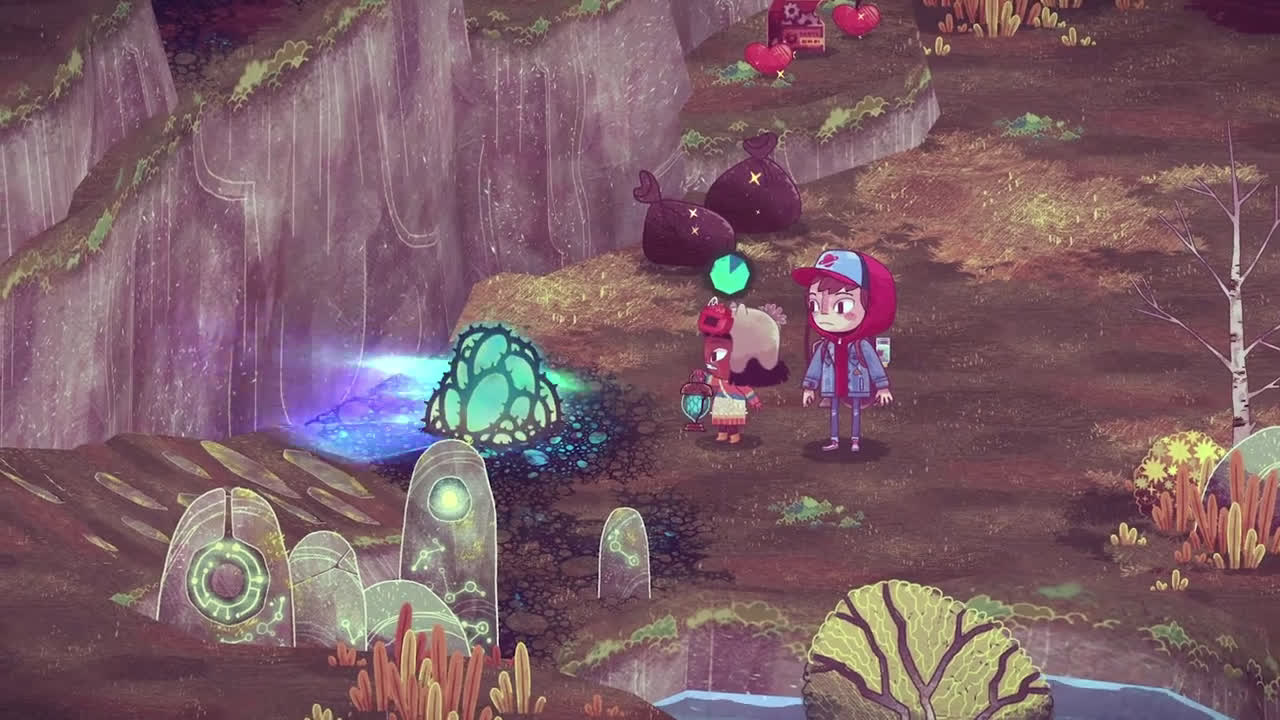Share
Persona 4 is one of those games that sticks with you years after playing it. To this day I can still distinctly recall moments from it; running through the streets of Inaba to lightweight pop music, Teddy’s unbridled joy when he turns into a human, and the gut-wrenching panic when Nanako is abducted. The 2008 RPG was a turning point for the franchise, solidifying the experimental formula Persona 3 created and laying the foundation for Persona 5 later on.
Self-Perception
I played Persona 4 at a pivotal time in my life when I dropped out of college, had a years-long serious relationship end, and had to find a new place to live. It was the perfect storm of trouble, and Persona 4’s themes hit me hard. Not to be overly dramatic, but Persona 4 helped me take a hard look at myself and realize flaws that I hadn’t admitted to for years. Of course, it’s not like I suddenly changed everything about myself, but Persona 4’s themes have sat with me for years with one of the most impactful messages I’ve ever seen in a game.
Each Persona game has an overarching theme that dominates its narrative, on top of the Jungian Psychology concepts that permeate the franchise. Persona 4’s main theme is acceptance, recognizing the bad in situations and yourself, and moving on. This theme is on display in obvious ways as well as more subtle ones, with each party member having their own inner turmoil to overcome.
Yosuke has to embrace his negative feelings of a small town and his sense of superiority, while Kanji’s biggest fear is anyone finding out about his softer side. Teenagers may be the stereotypical JRPG protagonist, but the mundanity of Persona is what makes it all work so well. Persona 4’s story takes place on small scale for the majority of the game, and up until the end it’s not about saving the world, but about solving a string of murders in the backwater town of Inaba.

This smaller sense of scale helps make Persona 4 a more personal tale, especially as it dives into the hardships of life. The negative personality traits of the characters are represented by their Shadow versions in the TV world, and the Shadows antagonize and belittle each character. The idea of a “Shadow” self is directly adapted from Jungian Psychology, as Carl Jung stated that the Shadow forms from ideas outside of societal norms or personal morals and ideas. Persona 4 runs with that idea by making characters accept those parts in order to gain the power of their Persona. When each character obtains their Persona the line states they’ve “Obtained the facade to overcome life’s hardships.” This ties back into the psychology that inspires the series, but can also be interpreted much more literally. When characters overcome their Shadow they’re finally able to accept the aspects of themselves they hate and can build a more confident “facade” of a personality that gives them the confidence to keep going and solve the murder case. Meanwhile, the game’s villain is someone that couldn’t overcome the negative aspects of their personality, and instead fell victim to them, driven by jealousy and a massive superiority complex that turns into full-blown egomania.
Even the game’s soundtrack is meant to reinforce Persona 4’s core messages, with an opening song titled “Pursuing my True Self,” and other pieces that play at pivotal story moments like the emotional “I’ll Face Myself.”
Setting the Foundation
Taking it a step further, Persona 4’s message evolves into accepting your reality may not be the reality of someone else. Persona 4 has a bright psychedelic aesthetic that stands in stark contrast to the murder mystery at the center of the story, and the dark themes it tackles. This intentionally highlights the parts of the world and ourselves that we don’t want to accept, again tying into that main theme.

Persona 4’s biggest advancement is how it tied actual gameplay elements into the narrative themes to create a more cohesive experience, which is something Persona 5 would run with. The protagonist meets a variety of characters that he forms Social Links with, from a depressed nurse that hates her job to a student that simply can’t move past the death of his sister. Persona 4’s protagonist helps each Social Link overcome and accept their problems, which then in turn strengthens the protagonist. The Social Links of party members have a direct effect on their combat abilities, while the side character Social Links are vital to getting the true ending and strengthening Personas. Narrative themes are also on display here, showing how our perception of the world is entirely formed by those we interact and bond with. Years later Persona 5 would take the same idea further, replacing Social Links with Confidants. The truth of the Phantom Thieves is known only by Joker’s confidants, and by knowing that truth they imbue Joker with new powers and perks.
Even though it may not have introduced the daily life formula, Persona 4 was still the major turning point for the franchise. It’s the prime example of Persona marrying themes, narrative, and gameplay and it’s clear how the fanbase fell in love with the cast, considering they’ve appeared in five spinoffs since the original game. Persona 4 flourished because of its relatability and even looking at it in today’s context, its story and themes feel more resonant than any other entry in the series.



